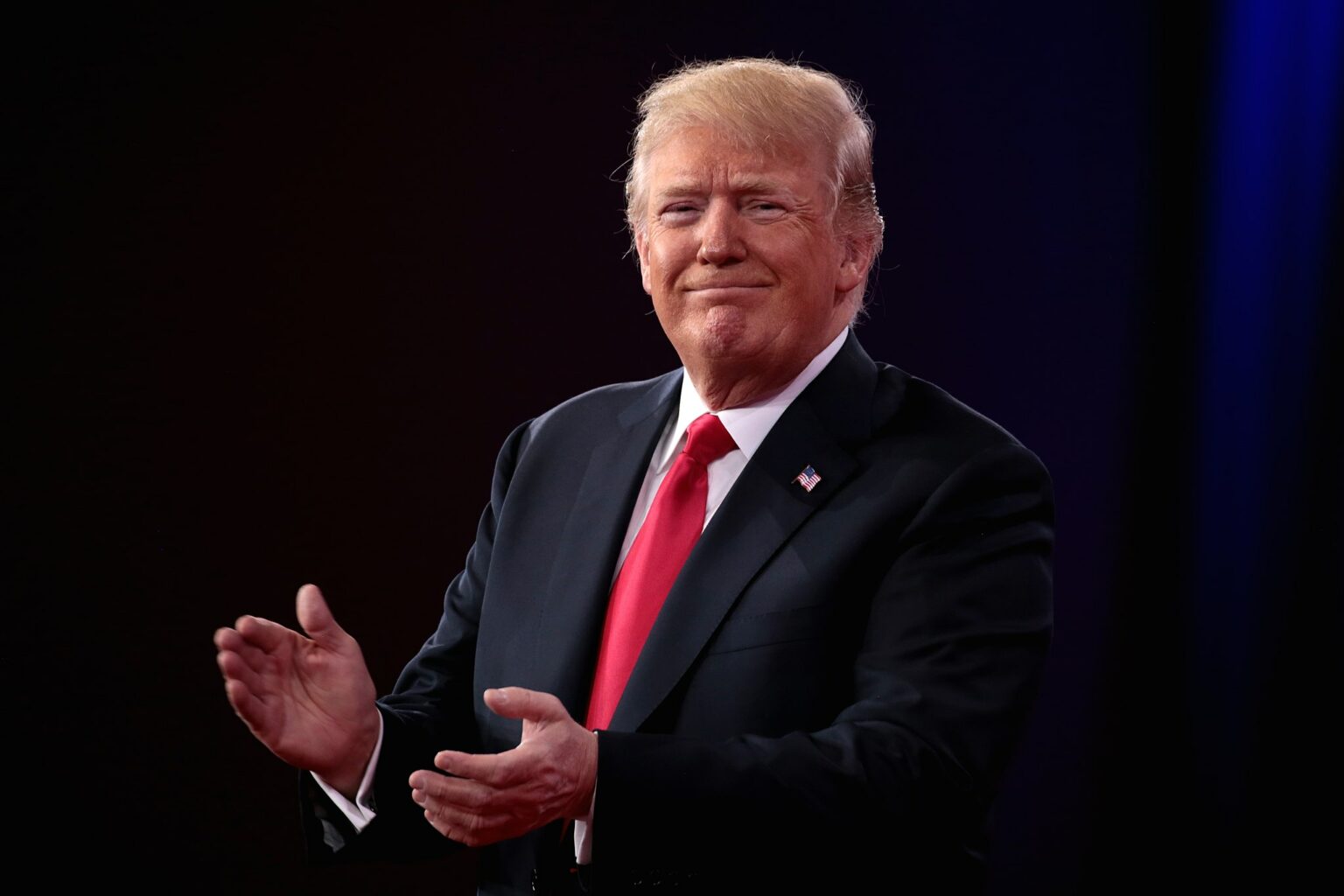State’s Major Election Decision Sparks Confusion
In the upcoming Wisconsin election slated for next month, voters are faced with deciding on constitutional amendments that could significantly impact the administration of state elections. These measures, spearheaded by Republicans, seek to address the issue of accepting private grant money to aid in election processes, alongside redefining who can administer elections within the state.
One of the proposed amendments seeks to prohibit the acceptance of private grants to support election operations, a move criticized by Democrats who argue it could impede the electoral process in Wisconsin, a crucial battleground state in presidential elections. Alongside this, another amendment aims to restrict election administration solely to officials designated by law, effectively limiting the scope of those managing the electoral process.
Early in-person absentee voting for the impending election is set to commence soon and will be available until March 31, offering voters a window to engage with the ballot measures.
The push for these amendments aligns with a broader trend among Republicans across the nation, with at least 27 states having implemented laws to ban or limit the use of private election grants since 2020. Proponents argue that such measures are vital for safeguarding the integrity of elections, particularly in states like Wisconsin, which hold significant sway in national politics.
However, opposition to these amendments is fierce, with various government watchdog organizations and liberal groups, including the American Civil Liberties Union and the League of Women Voters of Wisconsin, voicing concerns. Critics contend that these proposals under the guise of enhancing election integrity are, in reality, attempts to suppress voting rights and undermine democratic principles.
The amendments specifically address concerns raised by Republicans regarding private grant funding received by Wisconsin in 2020 from organizations such as the Center for Tech and Civic Life. This funding, primarily directed towards Democratic-leaning areas, sparked allegations of partisan bias, with critics dubbing it “Zuckerbucks” after its primary funder, Facebook creator Mark Zuckerberg.
The debate surrounding these amendments reflects broader tensions over election integrity, partisan politics, and the role of external funding in electoral processes. Regardless of the outcome, the decision made by Wisconsin voters will likely have far-reaching implications for the future of elections within the state and could serve as a barometer for similar debates unfolding across the country.
